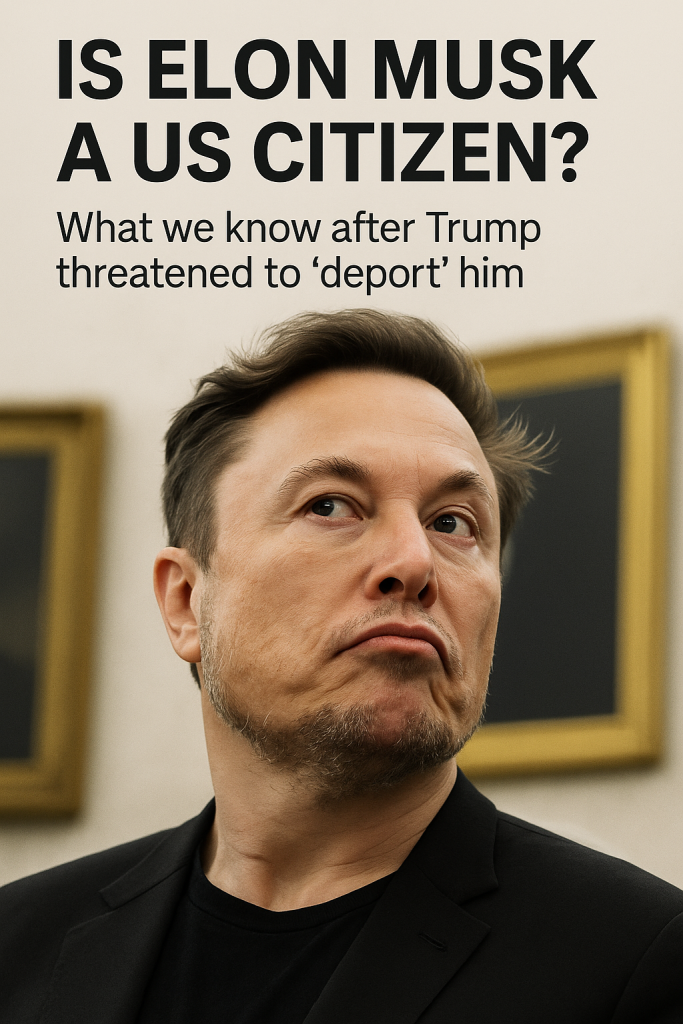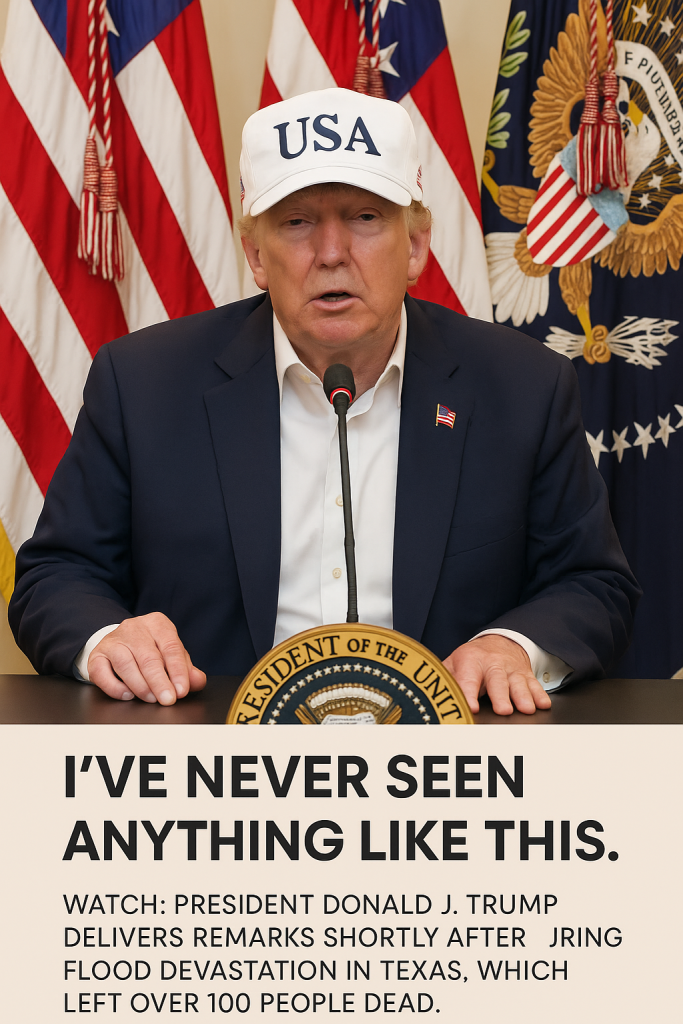Elon Musk, the world-renowned entrepreneur and CEO of companies like Tesla and SpaceX, found himself at the center of a political storm recently after former President Donald Trump publicly threatened to “deport” him. This unexpected statement reignited widespread curiosity and speculation about Musk’s citizenship status in the United States.
Is Elon Musk a U.S. Citizen?
Contrary to some confusion sparked by the recent political remarks, Elon Musk is a U.S. citizen. Born in South Africa in 1971, Musk became a naturalized American citizen years ago. His citizenship status has been well documented, especially given his high-profile business activities and involvement in U.S.-based enterprises that often require legal residency or citizenship.
Though Musk holds South African and Canadian citizenship by birthright, he officially gained U.S. citizenship in 2002. This was nearly two decades before the recent comments thrust his immigration status into the spotlight once again.
Why Did Trump Threaten to Deport Elon Musk?
The deportation threat issued by Donald Trump appears to have been a reaction to Musk’s outspoken opinions and public criticisms, particularly on social media platforms where both figures have a strong presence. Musk has made headlines recently for comments on political issues and policies that have not always aligned with Trump’s views, leading to heightened tensions between the two personalities.
The deportation comment is widely viewed as a rhetorical flourish rather than a legally actionable threat. Given that Musk is an American citizen, there is no legal basis for deportation. Experts in immigration law confirm that citizenship status is a critical factor in deportation proceedings, and naturalized citizens have the same protections against deportation as native-born Americans.
The Broader Context: Musk’s Role in American Innovation
Elon Musk’s citizenship and presence in the U.S. are central to his role as a key innovator in the American tech and industrial landscape. His companies employ tens of thousands of Americans and contribute significantly to sectors like renewable energy, aerospace, and transportation.
His U.S. citizenship also plays a role in his eligibility for government contracts, investments, and access to regulatory frameworks that have helped scale his ventures. The threat of deportation, albeit politically motivated, underscores the intersection between Musk’s public figure status and broader political discourse in the U.S.
Public Reaction and Speculation
The social media response to the deportation threat was swift and varied. Some users expressed disbelief at the suggestion, with many highlighting Musk’s citizenship documents and long-standing presence in the country. Others speculated about the implications of the feud for Musk’s businesses and political ambitions.
Legal analysts and commentators have reiterated that citizenship is a conclusive shield against deportation, dismissing the threat as largely symbolic rather than substantive. Musk himself has not directly responded to the deportation comments, choosing instead to continue his focus on business ventures and technological development.
What This Means Going Forward
While the exchange between Musk and Trump adds a dramatic headline to political discourse, it ultimately sheds light on the importance of understanding legal citizenship status in public debates. Elon Musk remains a prominent American citizen engaged deeply in shaping the future of technology and industry in the country.
For the public and the media, the incident serves as a reminder to verify the facts behind sensational claims and to consider the legal frameworks that govern citizenship, rights, and immigration in the United States.



